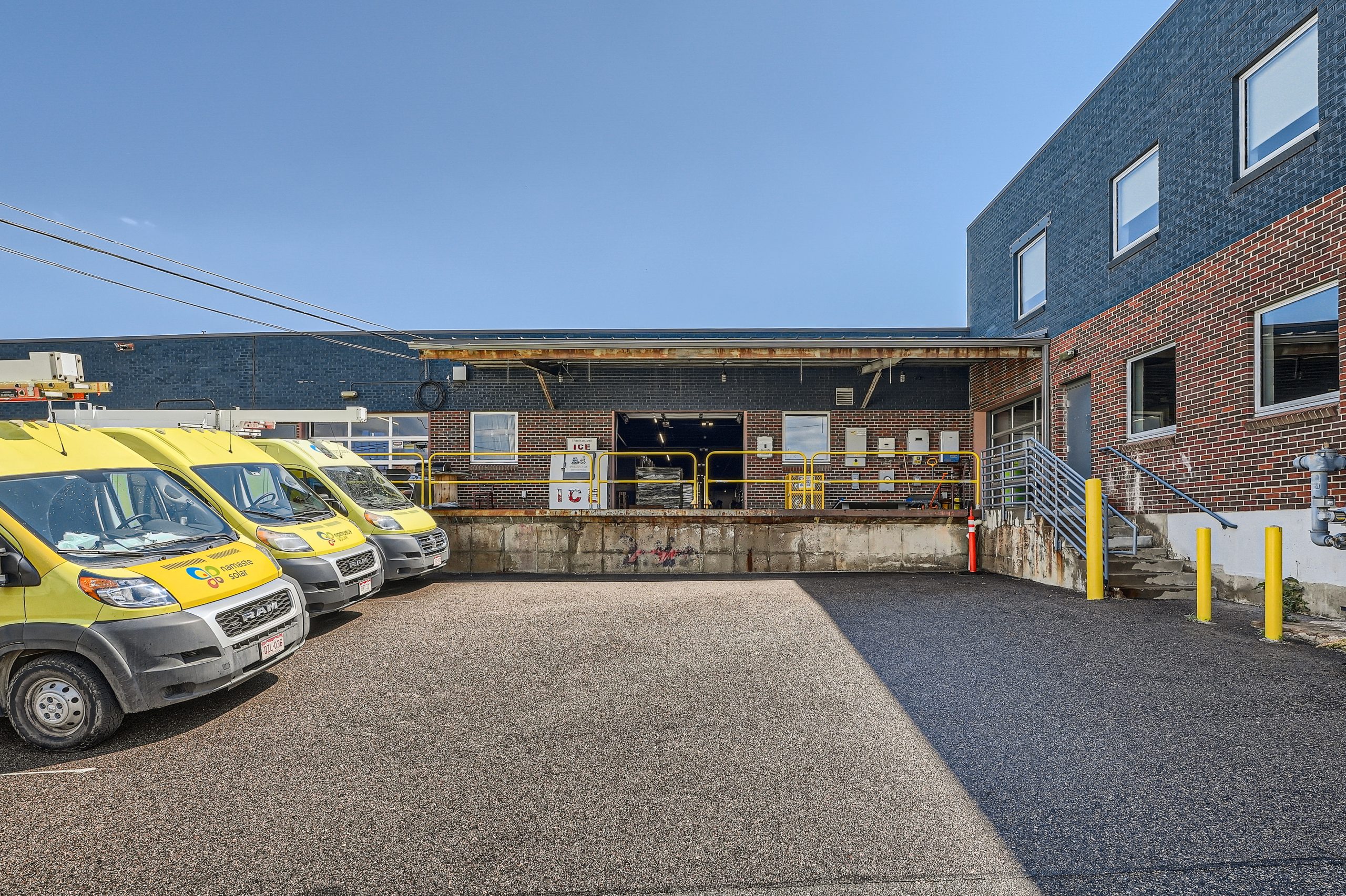Lakewood, Colorado has emerged as a strategic hub for industrial real estate, attracting investors, owner-users, and developers seeking well-located industrial property near Denver. With direct access to major transportation corridors, a strong regional economy, and limited industrial inventory, Lakewood offers compelling opportunities for those looking to purchase industrial real estate.
Benchmark Commercial Real Estate provides buyer-focused industrial brokerage services in Lakewood, helping clients identify, evaluate, and secure industrial properties that align with operational and long-term investment goals.
Lakewood Industrial Real Estate Market Overview
Lakewood’s industrial market remains highly competitive, driven by demand from logistics, manufacturing, construction services, and technology-related users. Industrial vacancy rates in Lakewood consistently remain below metro averages, reflecting limited supply and strong absorption.
The city’s proximity to Denver, combined with access to I-70, US-6, and key regional arterials, positions Lakewood as an ideal location for last-mile distribution, service-based industrial users, and light manufacturing operations.
Industrial property values in Lakewood have shown steady appreciation, reinforcing the long-term value of ownership in this submarket.
Key Drivers of Industrial Demand in Lakewood
Strategic Location and Transportation Access
Lakewood sits approximately 10 miles west of downtown Denver and provides immediate access to major east–west freight routes. This allows industrial users to efficiently serve the Denver metro while avoiding higher land costs and congestion found closer to the urban core.
Last-Mile Distribution Growth
E-commerce and regional delivery networks continue to fuel demand for industrial buildings closer to population centers. Lakewood’s location makes it highly desirable for last-mile logistics, service fleets, and trade-based businesses.
Workforce Availability and Economic Stability
Lakewood benefits from a diverse labor pool supported by population growth and access to skilled trades, logistics professionals, and technical workers. The city’s diversified economy supports long-term industrial stability.
Types of Industrial Property for Sale in Lakewood
Warehouses and Distribution Buildings
Warehouse properties in Lakewood range from small owner-user buildings to larger distribution facilities. Common features include dock-high and grade-level loading, clear heights suitable for racking, and yard or parking areas for fleet operations.
Light Manufacturing Facilities
Light manufacturing buildings support assembly, fabrication, and specialized production uses. These properties often include a mix of office and industrial space with upgraded power, ventilation, and flexible layouts.
Flex Industrial and Industrial Condominiums
Flex industrial properties combine office and warehouse functionality, making them ideal for service companies, technology users, and small manufacturers. Industrial condominiums provide ownership opportunities for businesses looking to build equity rather than lease.
Considerations When Buying Industrial Property in Lakewood
Building Condition and Functional Layout
Buyers should evaluate roof condition, structural integrity, electrical capacity, ceiling height, loading configuration, and fire suppression systems. Functional efficiency directly impacts operating costs and future adaptability.
Zoning and Use Compliance
Lakewood zoning allows a range of industrial uses, but buyers must confirm permitted activities, outdoor storage allowances, and expansion potential. Local expertise is essential to avoid regulatory constraints.
Environmental and Due Diligence Review
Environmental assessments are critical for industrial purchases. Phase I studies, compliance history, and site conditions should be reviewed early in the acquisition process.
Pricing, Valuation, and Market Timing
Industrial pricing in Lakewood reflects strong demand and limited inventory. Understanding comparable sales, future development plans, and long-term appreciation trends is key to making informed acquisition decisions.
Future Outlook for Lakewood Industrial Real Estate
The outlook for industrial property in Lakewood remains strong. Continued demand from logistics, construction services, and regional distribution users supports stable occupancy and long-term value growth.
Infrastructure investment, limited industrial land availability, and proximity to Denver will continue to place upward pressure on pricing, reinforcing ownership as a strategic move for both investors and owner-users.
Why Work With Benchmark Commercial Real Estate
Benchmark Commercial Real Estate provides buyer-only industrial representation focused on protecting your interests throughout the acquisition process. From site selection and market analysis to negotiation and closing, the firm delivers disciplined strategy and local market expertise.
Industrial real estate decisions impact operations, cash flow, and long-term business growth. Benchmark Commercial ensures those decisions are aligned with your financial and operational objectives.


